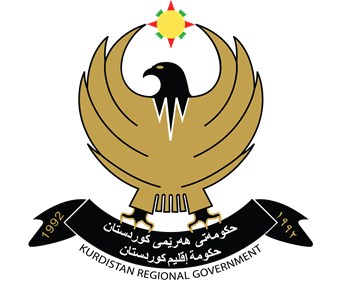زمانی شیعری نوێ له دنیابینیی ئهدۆنیس و سهباح ڕەنجدەردا
DOI:
https://doi.org/10.56422/ka.3.61.575Keywords:
language, Adonis’s, vision, poetic text, Sabah RanjdarAbstract
The language of poetry that we are talking about is not a strange language that poets derive from another world, but rather a language that the poet draws from himself. The poet deals with the language as a self-dealing that makes it go beyond its familiar framework
Through what we have reached as a result of our study, each language has its own imagination and aesthetics, and each heritage has its own images, symbols, and revelations. One of the poets, Sabah Rangdar, has everything that distinguishes his experience (little or much) from other poets of his generation or earlier, and it has been confirmed to us, concretely through the study, the extent of its reconciling combination between the linguistic expression of the concerns of reality, its manifestations, and its imbalances, and the expression of the self’s attitudes and feelings. Its aspirations are all dictated by the dialectical relationship between the subject and the object.
From here we concluded that saying that the poet Rangdar has the privacy that enables it. This privacy can be drawn and embodied in his poetic language until the images of poems were formed on him, and then it became an introduction to philosophy in its human meanings...




